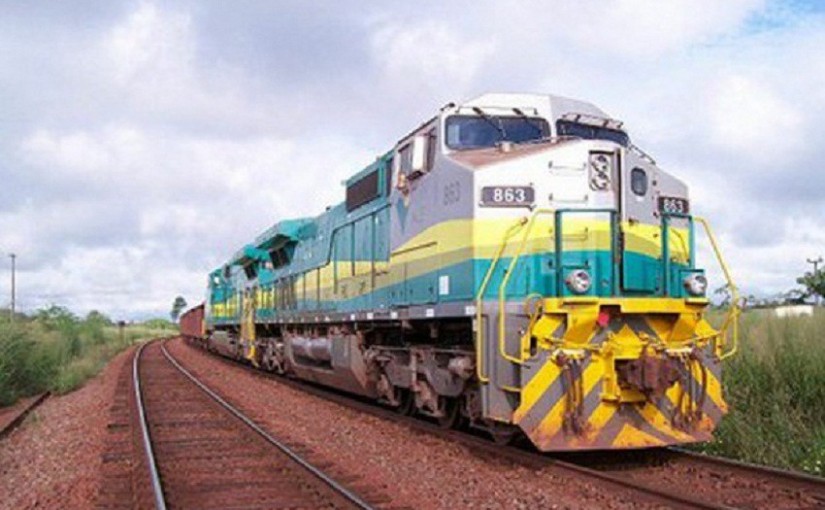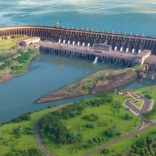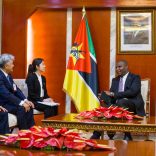Mozambique: Mphanda Nkuwa interests Japanese businesses - AIM
Sena railway line reopens after six-month halt – Mozambique

Noticias
Coal trains ran again yesterday on the Sena railway line, transporting coal mined at the Moatize production fields in Tete province to Beira port in Sofala.
After six months of complete paralysis due to ongoing political-military tension, a composition composed of four locomotives and 84 wagons loaded with coal belonging to Brazilian mining company Vale arrived at Beira port coal terminal mid-morning yesterday signaling the resumption of activity on a strategic Ports and Railways Company of Mozambique route.
Before the stoppage, the Sena railroad saw heavy traffic, with a daily average of 22 trains in both directions transporting coal from Vale and cargo and passengers between the various communities served by route.
According to ‘Notícias’ understanding, the resumption of train traffic on the line follows an understanding arrived at between CFM and Vale under which the former will ensure the security of trains and cargo.
Earlier this year, a rehabilitation and expansion project giving the Sena line a cargo capacity of 20 million tons of cargo per year (compared to the previous 6.5 million tons) was completed.
With the line rehabilitation, the frequent derailments resulting in losses for both the CFM and the owners of the goods will hopefully have become a thing of the past.
Rehabilitation and expansion works estimated at US$163 million were carried out by the Portuguese consortium Mota-Engil & Edvisa and consisted in increasing the crossing lines length from 750 to 1,500 meters at all 40 stations and halts in order to allow circulation of standard trains with up to 100 wagons pulled by six locomotives.
The rehabilitation also entailed refurbishing all stations and constructing a new one in Cateme, as well as building halts at the most populous places along the line in response to demands from communities with an interest in seeing the railway deliver gains to the local population.
The recent recovery in the price of coking coal from US$80 to US$160 per tonne and of thermal coal from US$50 to US$72 per tonne has renewed expectations profitability of that resource in the Zambezi sedimentary basin in Tete province.
In 2011, the price of a tonne of coke was US$296 in the international market, while the price of thermal coal was US$121 per tonne by the end of 2015. The fall in price affected output and quantities exported, with knock-on effect on the workforce and the economy of Tete province.












Leave a Reply
Be the First to Comment!
You must be logged in to post a comment.
You must be logged in to post a comment.